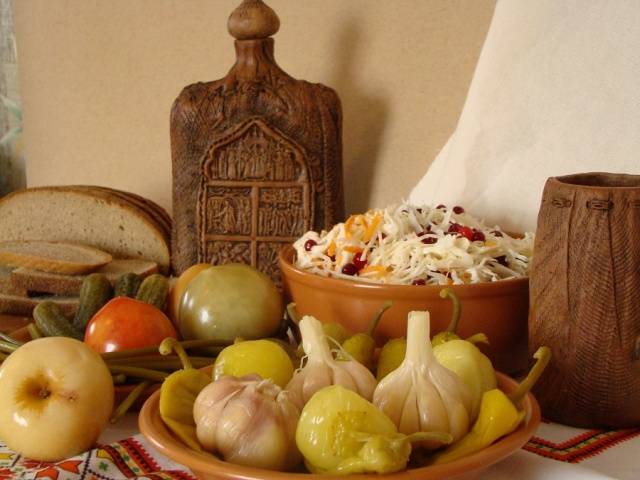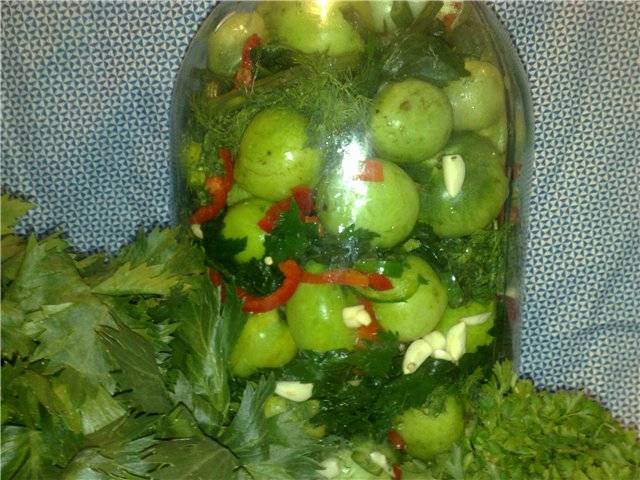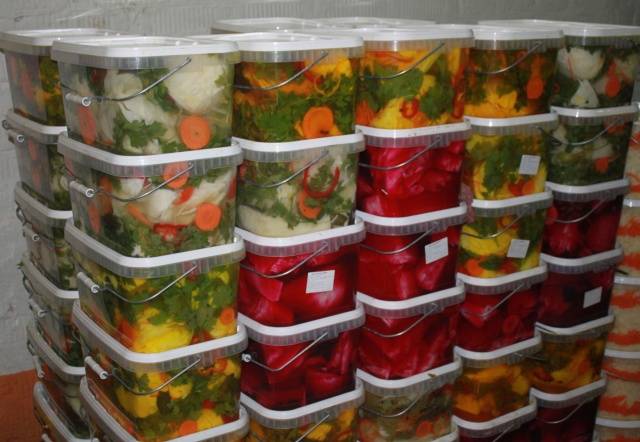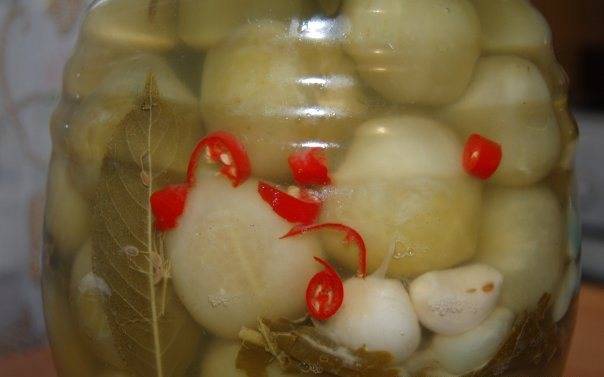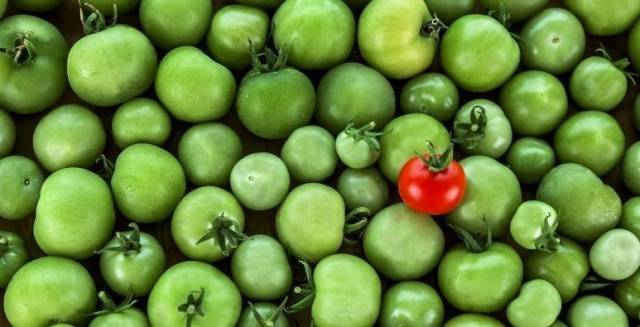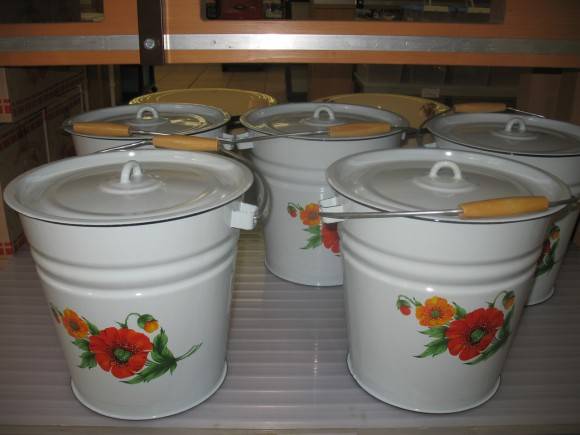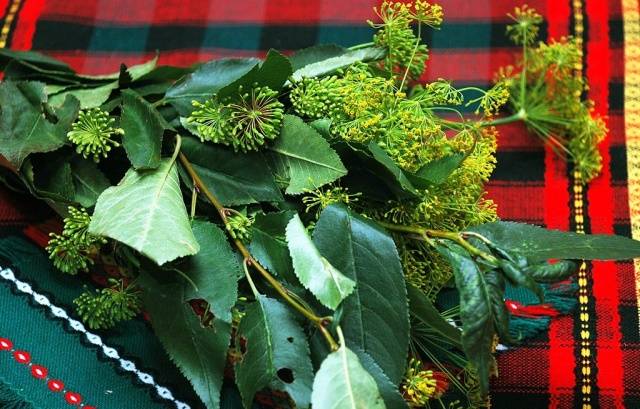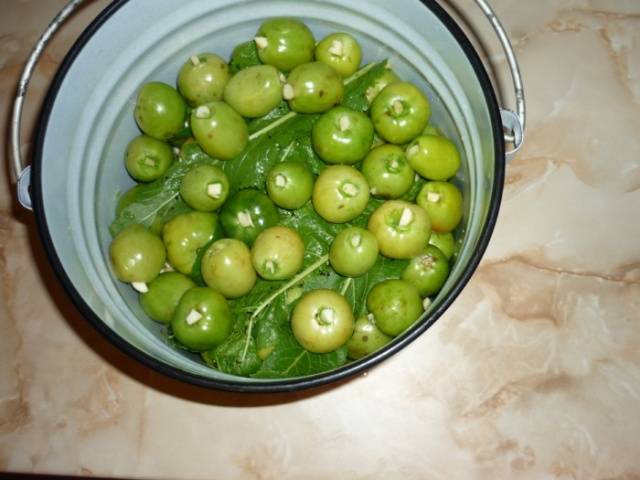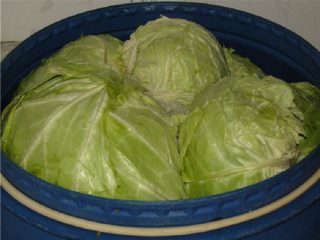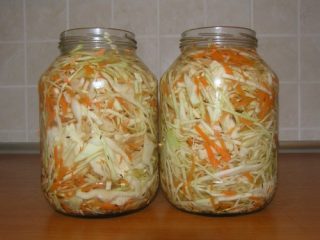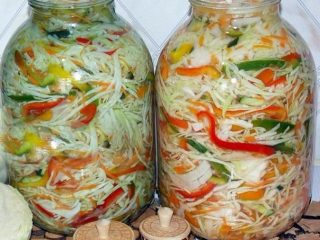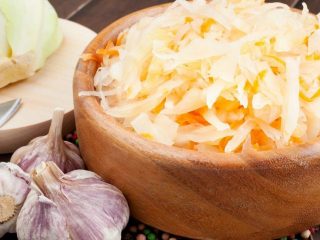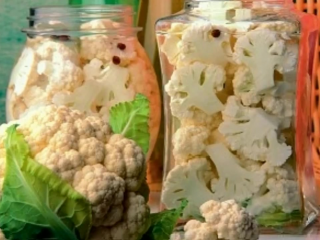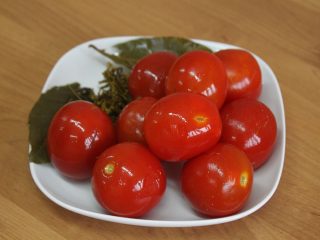For a long time, various pickles have been held in high esteem and respect in Russia. These include pickled, pickled, and soaked vegetables and fruits. After all, winter in our conditions is long and harsh, and initially all these delicacies were invented, first of all, in order to preserve the harvest, to store products for future use that were grown during the short summer period. Nowadays, when modern technologies make it possible to have almost any fresh vegetables and fruits on your table all year round, the taste and beneficial properties of pickles come to the fore.
But for the happy owners of personal plots, the problem of processing and preserving vegetables and fruits grown by themselves remains relevant. After all, they were grown with love and care, usually without the use of chemicals and pesticides, so dishes obtained from them carry a special charge of energy, and cannot be compared with those bought in stores. In this article we will talk about green tomatoes - vegetables that can probably be found on the plot of any self-respecting gardener. But green tomatoes have long been pickled along with cucumbers, because in terms of their taste characteristics they are in no way inferior, and sometimes even superior, to their ripe, red counterparts.
Pickles and their meaning for humans
For many, the differences between different types of pickles are still not very clear. In fact, everything is quite simple - fermentation, salting and soaking differ mainly in the concentration of the saline solution used to preserve vegetables.
- If water and salt are used to make brine in a proportion of at least 6-8%, and sometimes reaching 15-20% of the weight of the original vegetables, then you have salting.
- When fermenting, as a rule, the brine is not prepared in advance, but arises itself during the process of fermentation from vegetable juice under the influence of salt. Moreover, the concentration of the latter with this method of preservation usually does not exceed 2.5 -3%.
- If the brine is prepared using a small amount of salt, no more than 1.5-2% by weight of vegetables, and it necessarily uses sugar, and in a concentration of 6-8%, then this method of canning is called soaking.
It is clear that these days the characteristics of all three varieties of pickles are mixed. Often, to prepare pickled tomatoes, brine is prepared and even sugar is added to it to enhance the fermentation process.
Nevertheless, all these methods of preservation, in which fermentation occurs naturally, without the use of artificial additives such as vinegar, not only preserve food, but also add additional taste and vitality to vegetables.
Indeed, in these cases, conservation itself is carried out due to the continuous maintenance of life, in this case beneficial microorganisms.
Therefore, salted or pickled vegetables, even in small quantities, activate metabolic processes in the body and enhance its cleansing functions.
Cold salting
There are several ways to pickle tomatoes. Recently, the so-called quick method of salting tomatoes with hot brine has become very popular. But it is clear to everyone that when using this method, some vitamins, especially vitamin C, disappear without a trace. Cold pickling of tomatoes has been around for many centuries and has proven itself as a reliable way to preserve and increase vitamins in vegetables. The only disadvantage of this harvesting method is that the tomatoes take quite a long time to prepare; depending on the cutting method, it can take from 2-3 weeks to two months.
Therefore, take care how to pickle green tomatoes for the winter, it is necessary in advance. The timing itself is determined primarily by weather conditions. When stable cold weather approaches, all unripe tomatoes growing in open ground are harvested en masse, regardless of their degree of ripeness. Even if you don’t have your own plot, at this time you can find green tomatoes at the market at a very attractive price, since everyone is trying to sell them as quickly as possible so as not to bother with storing vegetables.
In the old days, even poor peasants made salted tomatoes in wooden barrels and tubs. These tomato pickles had a unique taste and aroma, and were stored due to the antiseptic properties of the wood, without spoiling, until spring. Now you can also get such products, but their price may not be affordable for everyone.
You have to use enamel or plastic dishes for preparing tomatoes.
If your plans include creating large volumes of stock, then cold pickling of green tomatoes is best done in a bucket. Enameled buckets are the most budget-friendly and suitable containers for pickles today. Do not use ordinary metal buckets under any circumstances, as the product will oxidize in them and all vegetables will be hopelessly spoiled.
If the volume of workpieces is not very large, then it is quite possible to use small 5-liter plastic buckets.
The method itself is quite simple and even a beginner can handle it. The main thing is to thoroughly clean and prepare the necessary raw materials and utensils for fermenting tomatoes. Before use, buckets are washed well with soda, preferably without using chemical dishwashing detergents. Before laying the tomatoes, the containers are scalded with boiling water.
The tomatoes themselves are also thoroughly washed in several waters and then dried on a clean cloth.
In order to salt green tomatoes It is necessary to prepare the brine in advance: stir 600-700 g of salt in 10 liters of water, boil the resulting brine and cool.
Comment! Please note that this brine concentration is only suitable for green tomatoes. Already for brown or pink ones you need to take more salt. And if you want to pickle ripe red tomatoes, you will need up to 900 g per 10 liters of water.
A variety of seasonings are one of the most necessary components of the cold method of pickling tomatoes. Indeed, in the process of long and gradual soaking in the aromatic and beneficial substances of spices, tomatoes acquire an additional taste, thanks to which this vegetable snack is popular.In addition, it is spicy herbs, such as oak, cherry and black currant leaves, that significantly increase the shelf life of the product.
So, to pickle tomatoes in a standard volume bucket of 10-12 liters you will need:
- 150 g of dill (you can use not only inflorescences, but also greens);
- 4 heads of garlic;
- A few horseradish leaves;
- 15-20 currant and cherry leaves;
- 8-10 oak leaves;
- A few stalks of tarragon, basil and savory;
- 100 g celery stalks;
- 15-20 black peppercorns;
- A couple of pinches of red pepper.
Here we present only a minimal set of spices for delicious cold pickling of green tomatoes in a bucket. If you wish, you can supplement it with your favorite herbs, for example, parsley, cilantro, thyme and others.
The further process of pickling tomatoes is very simple. Place some of the spices on the bottom of the prepared bucket, then place the tomatoes tightly in layers. If you're salting them for the first time, you can even shake the bucket slightly to help the tomatoes pack more tightly. Each row can also be lightly sprinkled with spices. Finally, all the tomatoes should be completely covered with spicy herbs on top. Pour the strained and cooled brine into a bucket, place a plate with a weight on top of the tomatoes and cover with a linen cloth. In this form, a bucket of tomatoes can stand at a temperature of +20°C for up to 6-7 days. Then it must be moved to a colder place. The tomatoes will be ready 5-6 weeks after the start of pickling.
Having tried to pickle tomatoes in this way once, you will understand how simple and tasty it is, and you will be able to experiment in the future, adding other spices and getting new and varied taste sensations.
